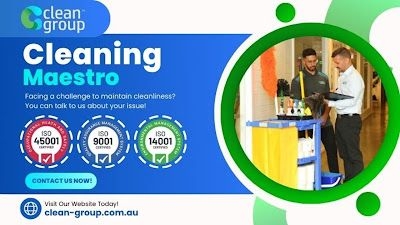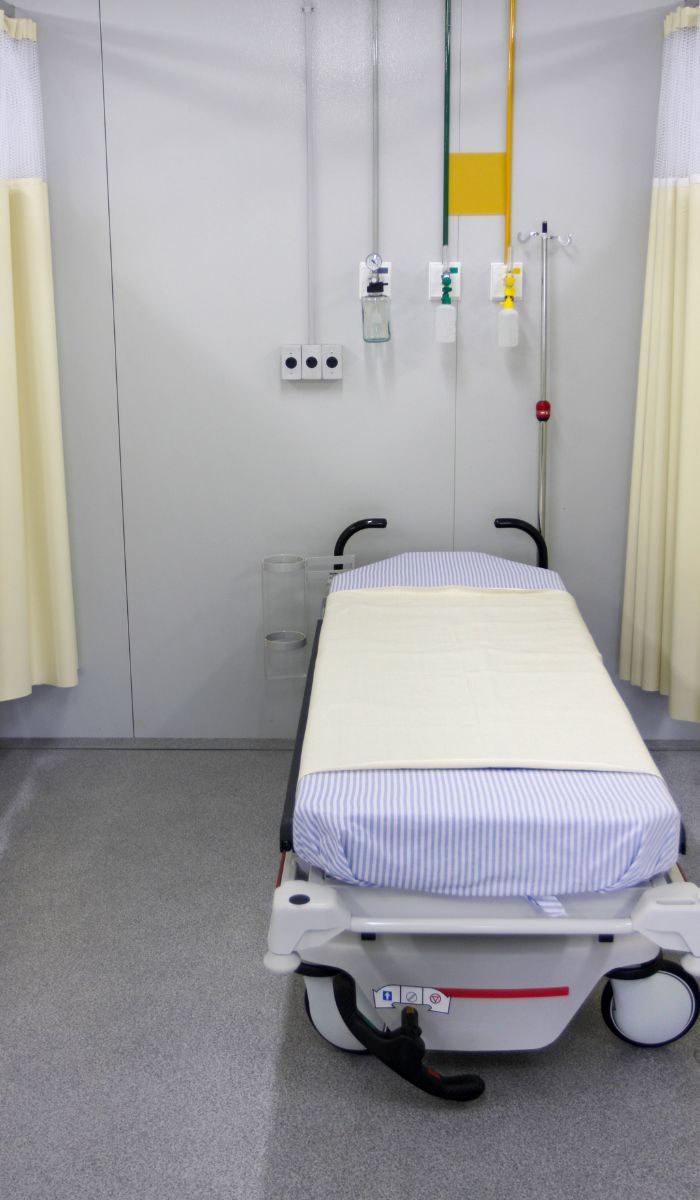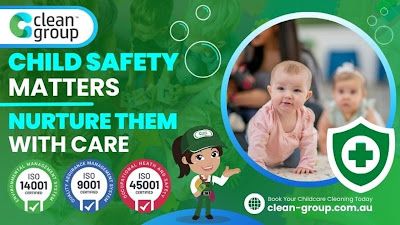
When Is It Time to Switch Commercial Cleaning Providers?
Benefits of Regular Commercial Floor Cleaning
Training and development have also become more structured, with many companies implementing competency-based programs to ensure staff understand health and safety procedures, equipment usage, and customer interaction protocols. Clean Group provides comprehensive and professional Commercial Cleaning Sydney across Sydney, NSW. Our fully insured, trained, and security-verified cleaners ensure your workplace stays spotless and hygienic. Schedule a free onsite quote today—book online or call us at 02 9160 7469. Get your obligation-free commercial cleaning estimate for offices, buildings, and other business spaces in Sydney.. This training often includes modules on time management, emergency response, data protection in sensitive environments, and cross-cultural communication, especially in multinational settings. As the cleaning industry becomes more technical and regulated, the importance of well-trained personnel becomes evident in client satisfaction, incident reduction, and service consistency.
Moreover, customer satisfaction is a key driving force in the commercial cleaning industry. The rise of online reviews, customer feedback platforms, and social media means that businesses must continuously uphold high service standards. Cleaning companies that provide clear communication, prompt responses, and exceptional service are more likely to maintain long-term client relationships and attract new business. Transparency in pricing, service offerings, and work schedules fosters trust and encourages clients to view their cleaning provider as a valuable partner rather than just a vendor.


